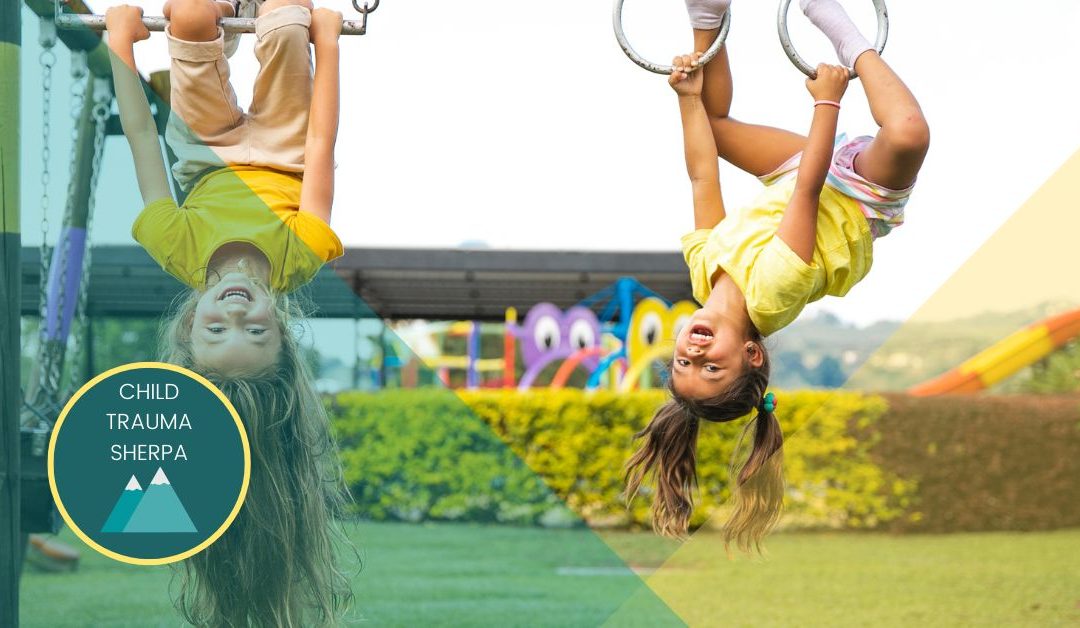Why Recess Matters and How to Help Students with Problematic Behaviors
Recess detention has been used for many, many years by educators. At first glance, recess detention can make sense–at least to adults.
The consequence of taking away recess appears to get right to the point. A child exhibits an unwanted behavior, said child gets their recess privilege taken away. It is also an easy “punishment” to administer and can be executed very efficiently.
And because of this, the use of recess detention has risen year after year after year.
But despite the prolific use of recess detention by educators, is it even successful? Does it give students the skills they need to change their behavior?
The Same Problem Over and Over Again
Educators have noted that it seems to always be the same students who are in recess detention over and over again. But despite the multiple recess detentions, these students still struggle with the same problematic behaviors, are regulars in conflict resolution or are labeled as “bad” students.
It’s clear that recess detention is not fixing the real issues these students are struggling with. Rather than dealing with the root problem of each student’s individual behavioral issues, recess detention hands down what author and educator Wendy Turner calls a “tit for tat” punishment. The “you owe me” mentality has become very prevalent in the classroom as educators take student’s challenging behaviors personally. In fact, Turner notes that not only is recess detention ineffective, but that it can actually make challenging behaviors worse.
And I couldn’t agree more.
Recess Matters!
Let’s dive a little more into how recess detention can make “bad” behaviors worse. Research has shown that recess plays an important role in teaching students the social skills they need to interact with others throughout their life. It also encourages imaginative play and provides an opportunity for exercise and promoting a healthy lifestyle.
Rather than giving students with problematic behaviors the opportunity to learn and grow through interaction with others, educators are socially isolating them through recess detention. They are taking away opportunities for these students to learn more socially acceptable behaviors, which is antithetical to what educators should be doing.
So why are schools continuing to use the practice of recess detention?
Effective Practices in Dealing with Problematic Behaviors
Because recess actually helps students learn good social skills, it is important educators protect this time and find other ways to help students learn boundaries and consequences. And the answer is to encourage regulation.
The first time a student exhibits a problematic behavior, stop and ask yourself:
- What happened?
- Where, when and with whom?
If the incident did not occur during recess, why would you then take away recess in order to teach your student a lesson? The “punishment” should match the infraction. In other words, if a student failed to do their homework, don’t take away their recess. Instead, have them make up the work while they eat their lunch. If a student enters a classroom yelling, have an immediate re-do, making them re-enter the classroom without yelling.
Now this isn’t to say that the practice of taking away recess should be done away with altogether. If an incident occurs during recess, utilize restorative recess instead. This is a process that allows teachers and students to work together collaboratively and in a caring way. It provides students time to practice key skills such as flexibility, empathy, emotion control and other skills.
Practicing these skills, or regulation, is crucial in addressing what society views as problematic behaviors. It gives teachers the opportunity to guide students to better behaviors through reflection and problem solving, rather than doling out punishments that, for the students, have no connection to the problematic behaviors.
We must stop insisting on taking away opportunities, such as recess, for students to strengthen much needed skills. Instead, we must help our students on an individual level, particularly in learning how to make friends and play in a safe way. We must use each infraction as an opportunity for the student to engage in an important regulating time to learn and grow as well as keep recess as a time for students to learn the important social skills they will need for their future.


